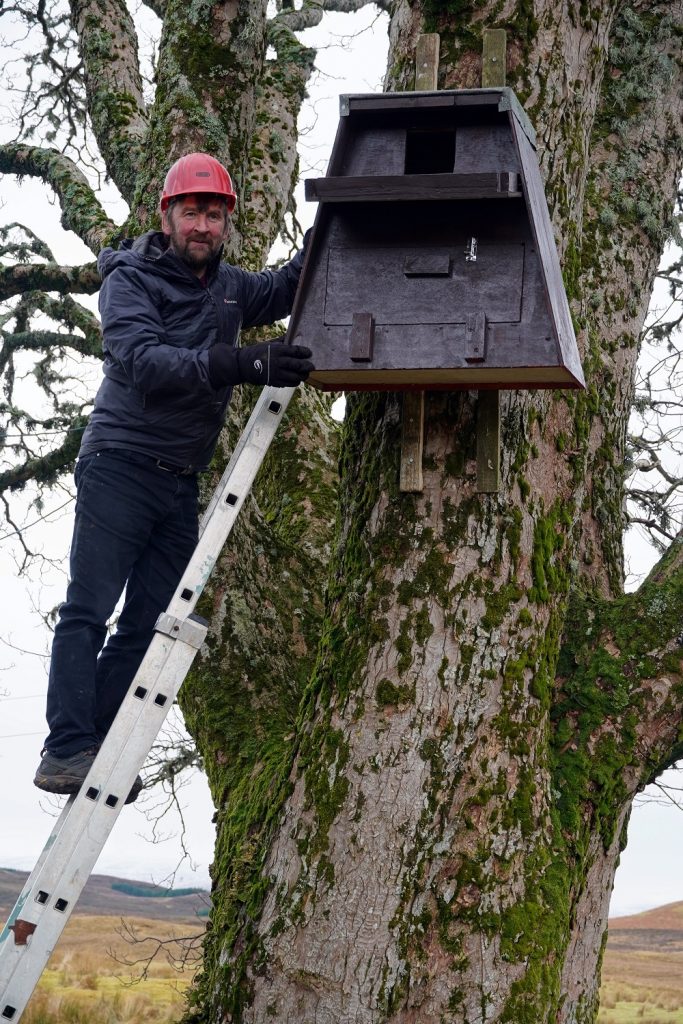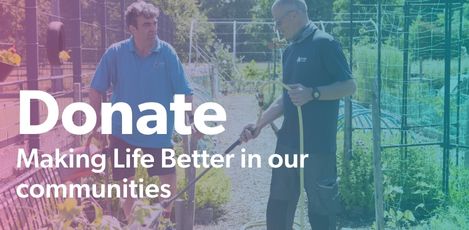
Spring is in the air and while birds start to think of nesting and queen bumblebees are waking up from a long winter sleep, the High Life Highland Countryside Rangers have been busy.
Throughout the Highlands, the Rangers have been working with local communities on a wide range of wildlife projects including building nest boxes, managing sites for bumblebees, and planting wildflowers for butterflies and other pollinators.
Senior Ranger for North Highland Andy Summers said: “I’m delighted to say that much of the donation money we have received over the past year has gone to a good cause, whether it is helping to progress our work with environmental education in local schools, or nature projects on the ground such as these.
“It is good to know that your money is being used for a good cause and will help the brilliant wildlife of the Highlands for us and our future generations to enjoy.”
High Life Highland’s Countryside Rangers run public events and guided walks throughout the Highlands aiming to raise awareness and encourage appreciation of the scenery, wildlife, and heritage.
No charge is made for events, but they rely on donations to help protect highland wildlife and heritage.
To find out more about the Countryside Rangers, visit www.highlifehighland.com/rangers/
Barn owls:
One of the exciting projects on the northwest coast is our barn owl project. Barn owls in recent years have been pushing northwards, but one of the limiting factors on their distribution is a suitable place to breed.
Luckily barn owls love using nest boxes. They are, however, a bit fussy and the design and position of the nest box have to be just right. Using a design recommended by the Barn Owl Trust several have been built this winter and signs are looking good so far.
Already the nest boxes have been visited by barn owls and in several cases used as a roost over the winter. Of course, remember that barn owls are schedule one birds and heavily protected by law. Fingers crossed we get some barn chicks this year.
Bumblebees:
We all know that bees and pollinators in general are having a tough time and so need all the help and space we can give them.
Great yellow bumblebees are the rarest British bumblebees and are now restricted to machair and other flower-rich areas in Caithness and Sutherland and some of the islands. Working with the Bumblebee Conservation Trust the Rangers are making sure their habitat is protected and these areas have the right composition of nectar rich species of flower that the bumblebees like.
Butterflies:
On the east and north coast, the Rangers have been working with Butterfly Conservation Scotland to help some of our butterfly species.
The small blue butterfly is our smallest resident butterfly. It has a very restricted distribution in Scotland and is often confined to small patches of sheltered grassland where its sole foodplant, Kidney Vetch, is found.
The Rangers have been planting large swaths of kidney vetch to help this beautiful tiny butterfly. They are hard to spot but can be found from late afternoon from June onwards in communal roosts, facing head down in long grass.






